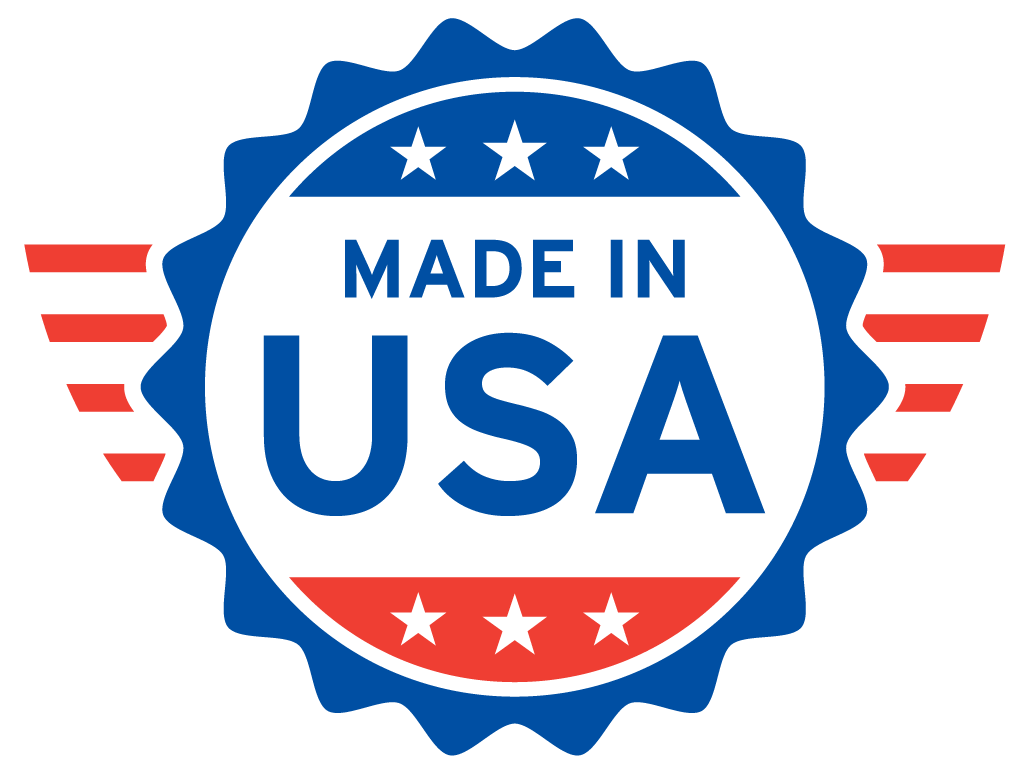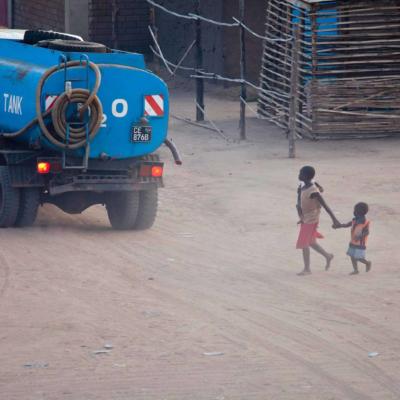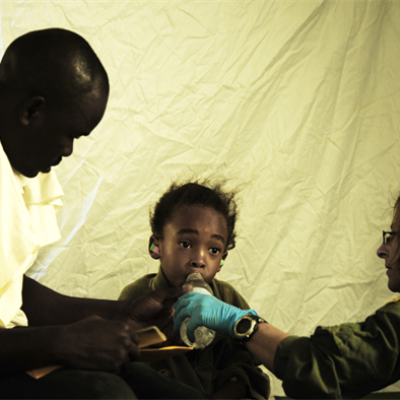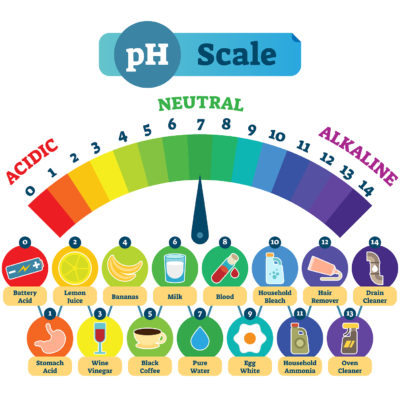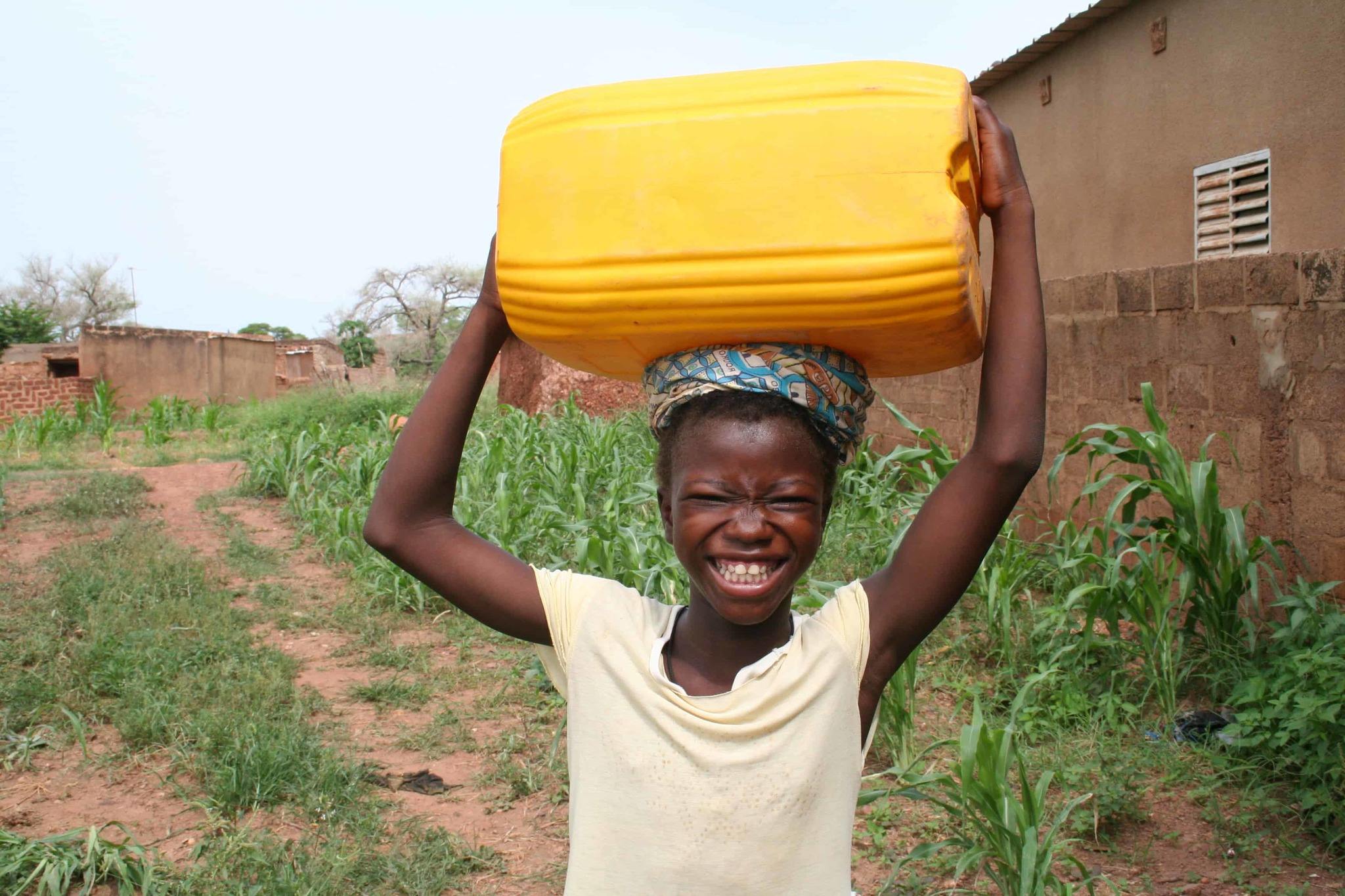
The Burden of Potable Water: Relieving the Need for Girls & Women to Carry Water Long Distances
Imagine you’re preparing dinner and fill a large pot to boil water. Now imagine setting the table with glasses of drinking water. Your kitchen faucet allows this task to be easy and safe. After your meal, you wash your dishes using the same clean water flowing from your tap.
Now envision the effort it would require to prepare that same meal without access to a residential water supply. You may have to travel a long distance to a well or possibly an unimproved water source.
Perhaps you would need to send your child to fetch the water, who would carry a large can with a weight equivalent to 5 gallon jugs — 40 pounds. Your child might lug this burden, weighing nearly as much as she does, more than half a mile from the source.
On top of the physical burden, the safety of your family during this journey may be questionable.
The everyday reality of porting water is a civil rights injustice affecting the quality of life for women and children throughout the world.
Women and Girls Bear the Water Burden
UN Women explains, “Women bear the brunt of providing their communities with water, walking for miles each day to fetch water. In spite of their central role, women rarely have a voice in water supply and management schemes. Instead, they take on an unequal share of domestic tasks within their households, and spend a staggering amount of time fetching water from distant, disease-prone and often dangerous places.”
The impact of this physical burden exceeds the time needed to physically carry the water.
UN Secretary General Ban Ki-moon said, “Water challenges go beyond questions of access. In many countries, girls are forced to drop out of school owing to a lack of sanitation facilities, and women are harassed or assaulted when carrying water.”
According to UN Women, “Women and girls often trek long distances to get water to meet their families’ basic needs. The time demands are enormous. In sub-Saharan Africa, for example, women and girls spend 40 billion hours a year collecting water, equivalent to a year’s worth of labor by the entire workforce in France.”
EVERYWHERE WATER portable, on-site watermakers can contribute to this solution.
What if this inequality could be ameliorated by water purification and desalination technology, producing clean water on-site and empowering families to cast aside this and risky but necessary chore?
Pure Water Everywhere, a 501(c)-3, working with ANSA North America, has highly affordable, waste-free, portable water purification and desalination units that can help ease this inequality.
According to the World Health Organization (WHO), sustainable access to safe drinking water and basic sanitation “contributes significantly to the reduction of child mortality, major infectious diseases, maternal health…It also contributes to gender equality and empowers women, and is linked to school enrolment and attendance, especially of girls.”
Great strides have been made worldwide to reduce this civil rights injustice, especially when women in the community are involved in generating creative solutions. “Greater women’s involvement in water resource management has resulted in greater efficiency, effectiveness, sustainability and equity of the service provided and has contributed to greater community resilience” (UN Women).
However, additional solutions are needed beyond digging wells and importing bottled water, both of which are costly, time-consuming and come with their own risks.
Wells can be unreliable, sometimes contaminated and difficult to access at great distances. Importing bottled water is expensive and generates undesirable environmental consequences, from the fossil fuels required to transport the water to lack of recycling opportunities to address the enormous plastic bottle problem created by this method.
The goal of ANSA North America is to continuously provide creative water solutions by combining innovative technologies with reliable implementations and support to effectively solve water needs.
Sources:
